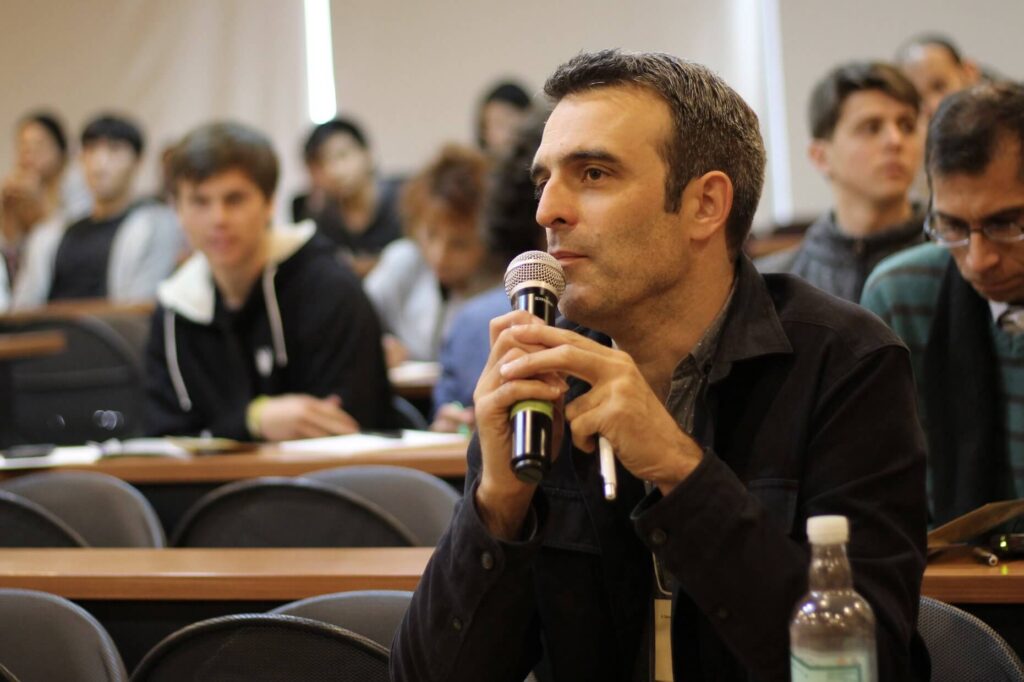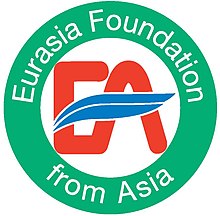
Abstract
Inconvenient Labour Heroes: Forgetting the role of Japanese engineers in North Korean industry
It is usually understood that the liberation of northern Korea by the Red Army in August-September 1945 represented a clean break with Korea’s colonial past, after which the former Japanese residents and even erstwhile Korean collaborators played no role in the establishment of a new Korea north of the 38th parallel. However, in North Korea’s industrial sector thousands of Japanese engineers and their families remained behind after most other Japanese had been repatriated. They were valuable workers, desperately needed by the Soviet occupiers and the nascent North Korean government to get the factories working again after the disruption of war and Japanese sabotage. Their role was so important for North Korea in 1946 and 1947 that they were paid exceptionally well and awarded commendations by the North Korean authorities for their contributions to ‘socialist construction’ as ‘Heroes of Labour’. While many engineers had little choice about their extended stay in Korea, some rationalised their new role as a form of solidarity and a contribution to the construction of ‘democratic Korea’. However, the role of these engineers has been almost entirely erased from North Korea’s official narrative of its early years. Since the 1950s the DPRK has repeatedly rewritten its own history in the service of a solipsistic nationalism and the personality cult of its leader, excluding awkward facts. The Japanese engineers are little known in either Japan or South Korea, although one Japanese historian – Morita Yoshio – strove to collect their memories as part of his larger project of remembering the repatriation of zaichō Japanese from Korea. This paper will look at how the Japanese engineers were kept in North Korea, what their own experiences and motivations were and how they have been remembered and forgotten in Korea and Japan since they returned to Japan in the late 1940s.
Bio note
Dr Owen Miller is a lecturer in Korean Studies at SOAS, University of London and a specialist in the modern history of Korea. He focuses particularly on the social and economic history of Korea from the late 19th to the mid 20th century and is interested in topics including industrialisation, labour history, capitalist transitions, urban history and the political ecology of northeast Asia. Owen initially received an undergraduate degree in history from SOAS and subsequently lived in South Korea, where he studied Korean language at Yonsei University. He later received his PhD from SOAS, for a thesis focusing on merchant guilds in late 19th century Seoul. In addition, Owen has worked as a research fellow at Robinson College, University of Cambridge and a lecturer at Birkbeck College, University of London, while in 2021 he was a visiting researcher at the Institute for Far Eastern Studies in Seoul.
Owen Miller
Lecturer in Korean Studies at SOAS, University of London and a specialist in the modern history of Korea.



